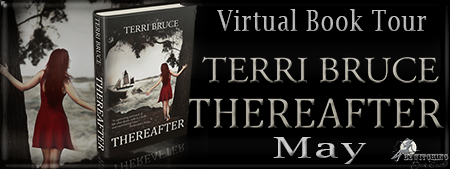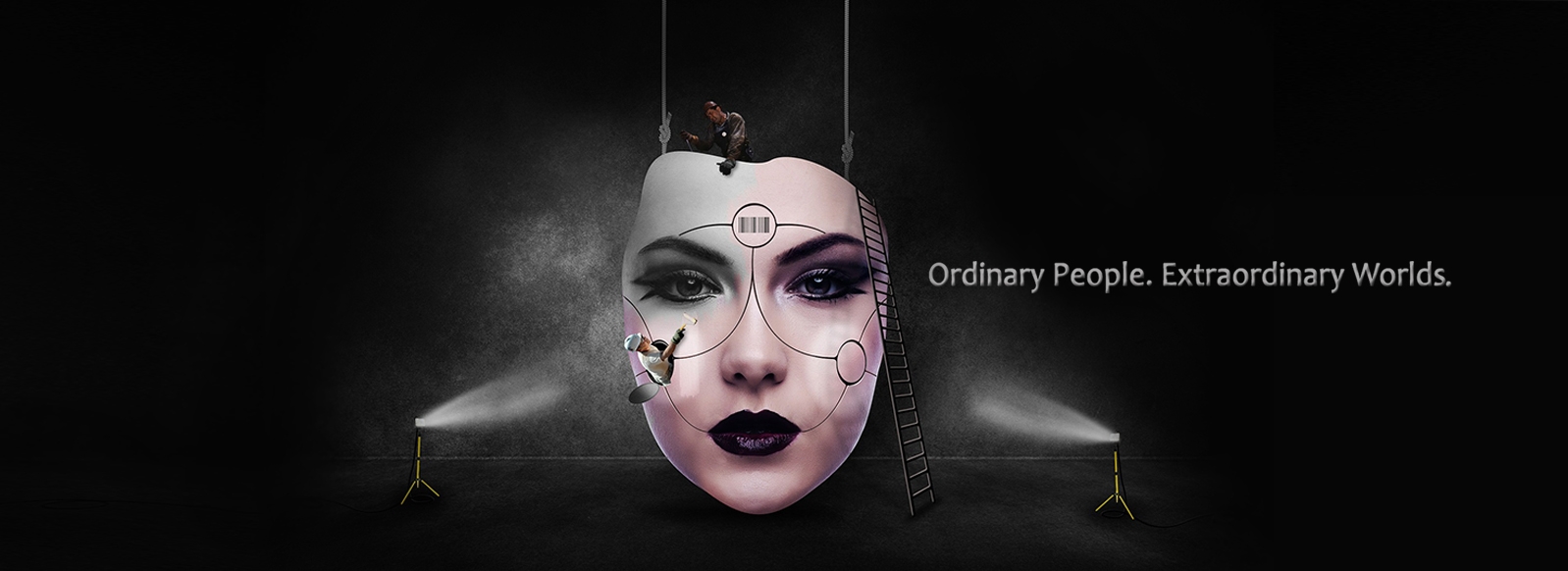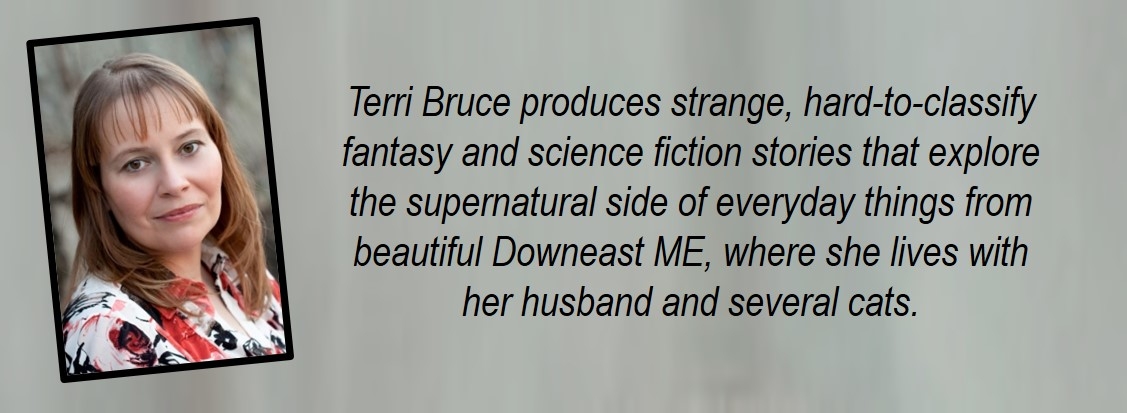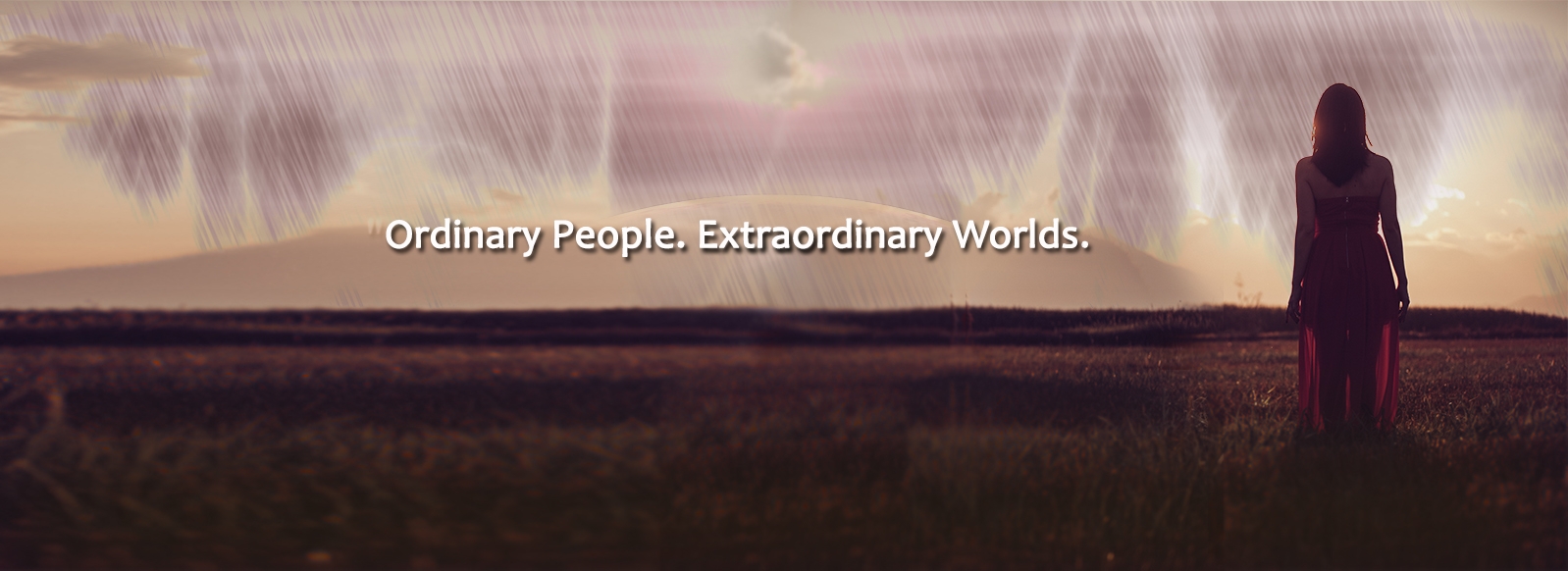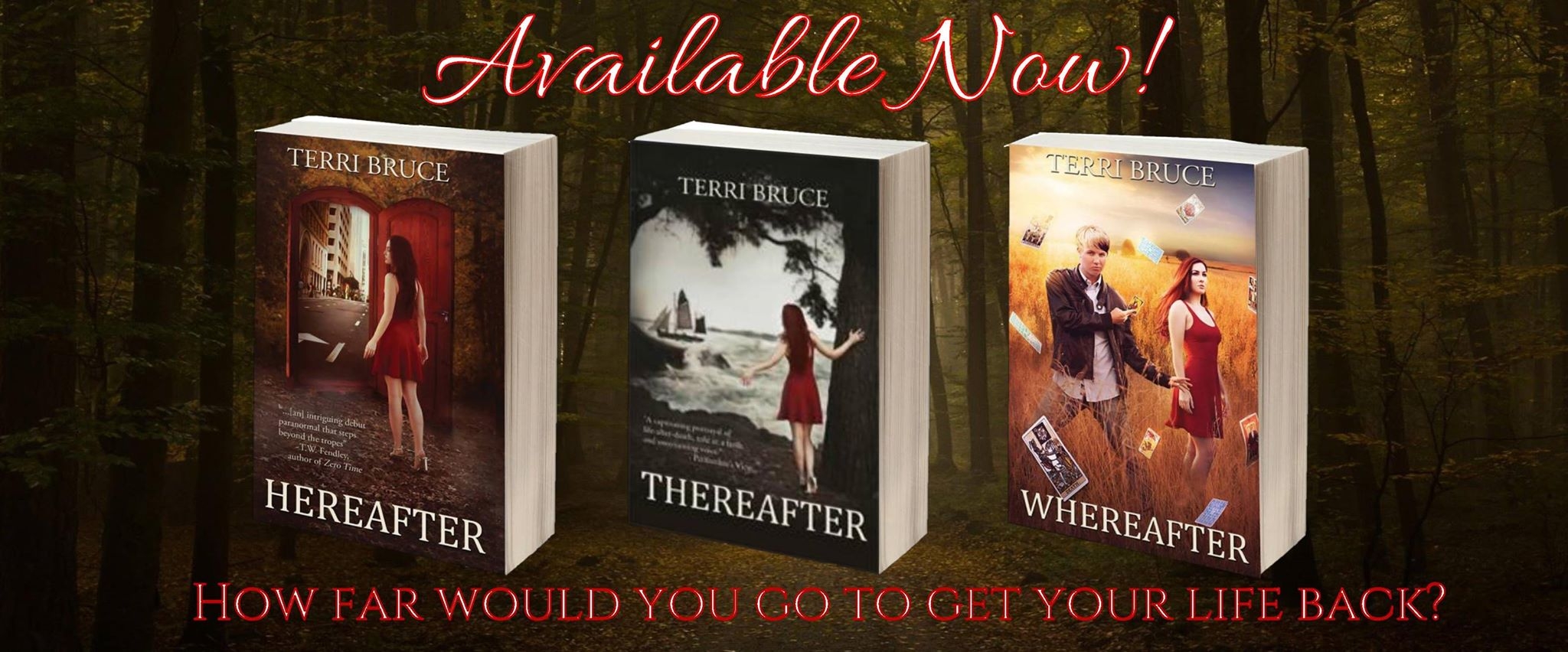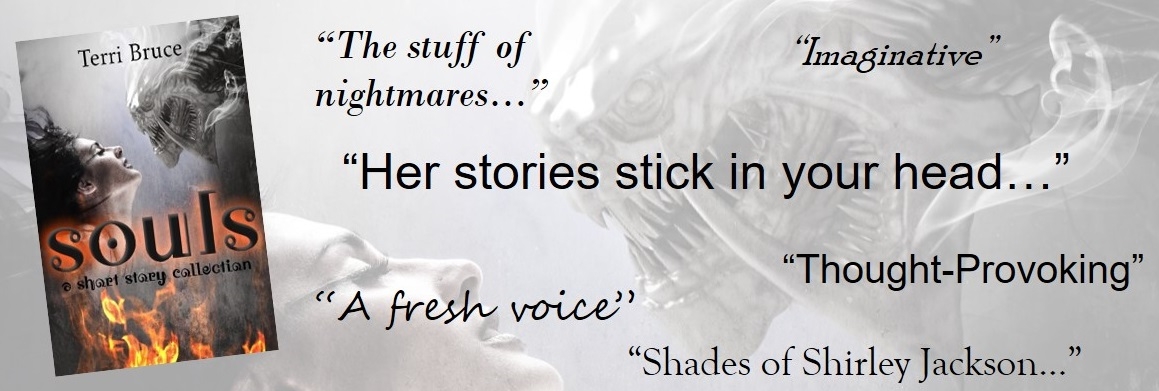Author Interviews
Blog: The Business of Art
There comes a time in almost every writer’s life when he or she must choose: do I want to create art or do I want to sell books? Now I’m not saying that “artsy books” don’t sell or that popular, best-selling books are all crap. But there’s a reason why literary and commercial fiction are considered two separate categories. As one commentator sneered, in response to a recent article about a traditionally published author who took the leap into self-publishing after disappointing sales of her first attempt at literary fiction, “Of course she only sold 10,000 copies. It’s literary fiction.”
People (generally writers themselves) assign a lot of value judgment to the choice between art and business. Writers who crank out commercial fiction are derided by other writers as hacks (even though most of those cranking out the books are household names raking in the dough), while, at the same time, authors who write beautiful, masterful stories that no one will publish because they aren’t commercial enough are regarded as failures. It’s a Catch-22. The truth is, a lot of artistically masterful books are commercially unviable (meaning not that they won’t sell any copies, but they won’t sell enough copies). And publishing is, first and foremost, a business. And a lot of good books—and good authors—get passed over because of this.
Blog: The Doors of Perception
My grandmother always had a way with language, had, for as long as I could remember, described things in her own, fanciful way.“I was walking the other day…” she would say.
“Really? You were walking?” my sister and I would tease her, knowing full well she hadn’t gotten out of her wheelchair for several years.
“Well, I was sitting, the nurse was pushing, but you know what I mean…” she’d say with a dismissive wave of her hand and that Cheshire grin of hers that indicated she thought she was being particularly funny or was having a laugh at someone’s expense.
